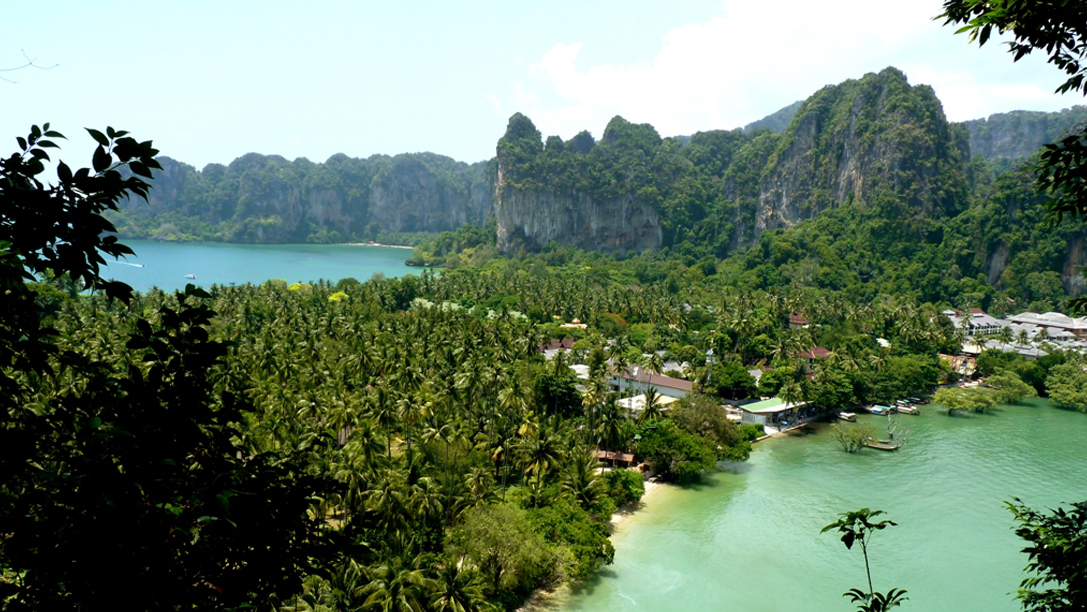Wil je een verschil maken op het gebied van natuur en milieu? Ben je niet bang je handen vuil te maken? Grijp dan je kans en werk aan de natuur in het buitenland! Wij bieden verschillende projecten voor de bescherming van de natuur en het milieu. Plan jouw vrijwilligerswerk voor natuurbehoud en natuurmonumenten terwijl je rond de wereld reist.
Kom langs en bespreek de mogelijkheden
Werk als vrijwilliger en zet je in voor natuurbescherming
Doe een vrijwilligersproject in de natuur en ervaar zelf hoe het is om in de jungle of op een eiland te leven. Samen met een groep internationale vrijwilligers werk je samen met de lokale bevolking aan het behoud van de natuur. De vrijwilligersprojecten in de natuur zijn ontstaan omdat het natuurgebied werd bedreigd.
Werk samen met de lokale gemeenschap aan diverse projecten, waaronder landbewerking, het ontwikkelen van conservatiemethoden, herbebossing, strandopruiming en milieueducatie. Het uitvoeren van biologisch onderzoek, het beschermen van natuurlijke habitats en het creëren van duurzame inkomstenbronnen die zelfs in toeristische gebieden geen schade toebrengen aan het milieu, zijn cruciaal voor het behoud van onze planeet. Door vrijwilligerswerk te doen bij een natuurbeschermingsproject draag je daadwerkelijk bij aan een positieve verandering.
Lijkt het je wat om als vrijwilliger in een prachtige omgeving te werken en iets voor de natuur te doen? Bekijk dan hieronder onze vrijwilligersprojecten in de natuur.
Vrijwilligerswerk tegen klimaatverandering
Maak jij je ook zorgen om het klimaat en wil je zelf een steentje bijdragen om klimaatverandering tegen te gaan? Dan is een vrijwilligersproject in het teken van natuur en milieu de juiste keuze voor jou. Zo kun je ontbossing tegen gaan, stranden opruimen of de biodiversiteit bestuderen.
Wat anderen van vrijwilligerswerk voor de natuur vonden
Daniël (25): “Ik heb een hele leuke tijd gehad op de Seychellen en tijdens het project. Er is geen stromend water (waardoor je maar 1x per 2 dagen mag douchen) en je hebt geen internet op het eiland. Dat is misschien even wennen voor toekomstige vrijwilligers, maar ik vond het juist wel passen bij een onbewoond eiland.”
Vragen? Mail ons





